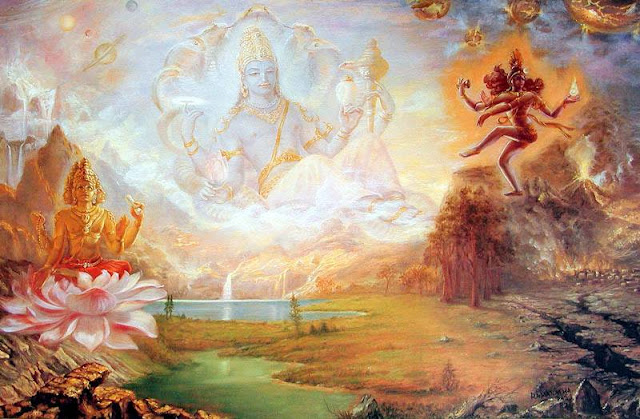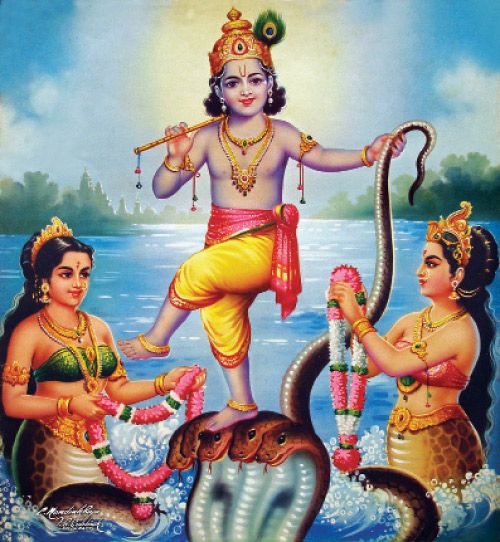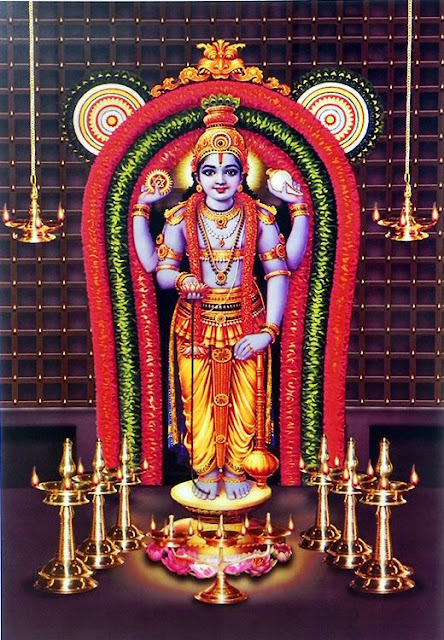The Spiritual Import of the Mahabharata and the Bhagavadgita : Ch -18.12.

26/01/2017. Chapter -18: Fix Your Mind on Me Alone-12. With this knowledge of our true relationship to the creation of God, with this preparedness of spirit, what are we supposed to know? What is the object of attainment? What is knowable reality? Here is a very grand description of the supreme Brahmam, which comes only once in the whole of the Gita, and that occurs in the thirteenth chapter. "Jneyam yat tat pravaksyami yaj jnatvamrtam asnut" : - Knowing which you shall attain immortality. What is that, by knowing which, you shall attain immortality? 'Sarvatah pani-padam tat sarvato’ksi-siro-mukham, sarvatah srutimal loke sarvam avrtya tisthati.' There is something that is invisible to the eyes but which exists everywhere, with hands and feet and eyes and heads everywhere, as it were, pervading all things inwardly and outwardly; deepest and nearest, inside us and yet most remote and unreachable by any effort of man. "Sarvendriya- gunabh...


